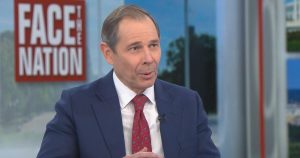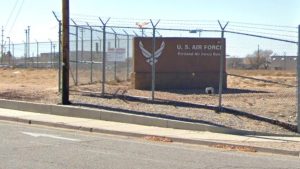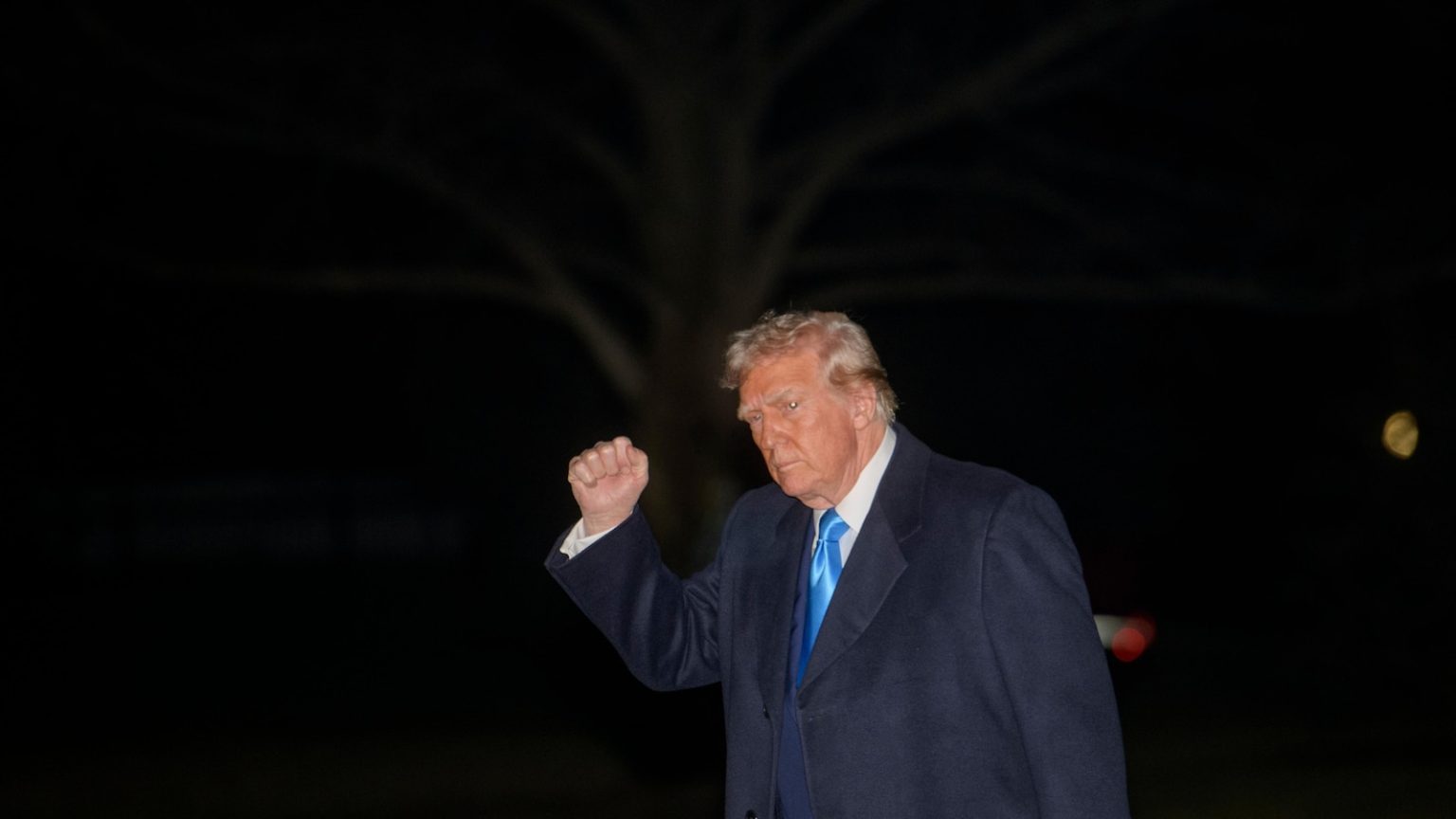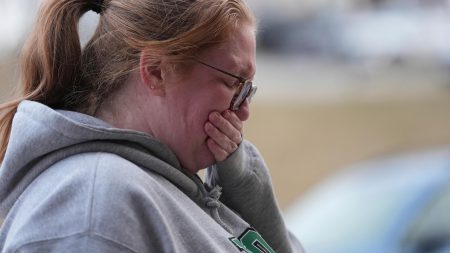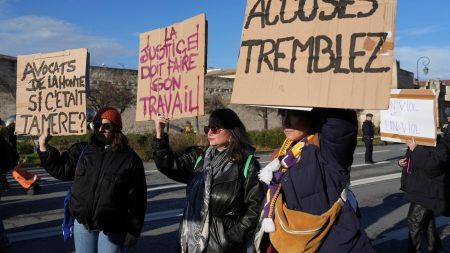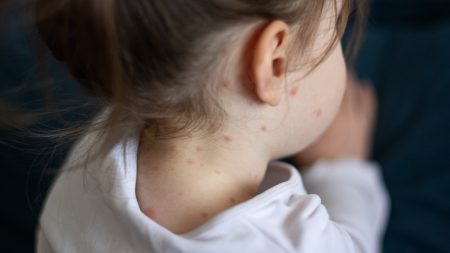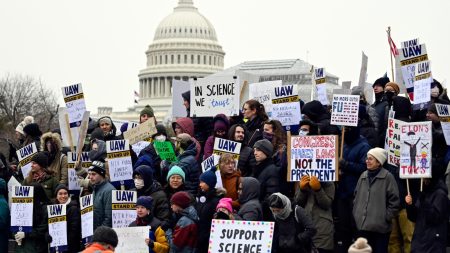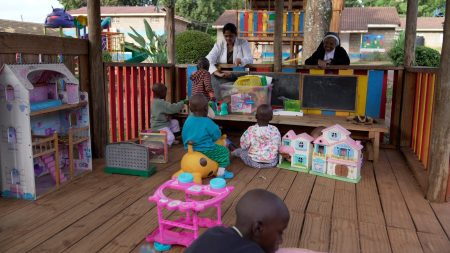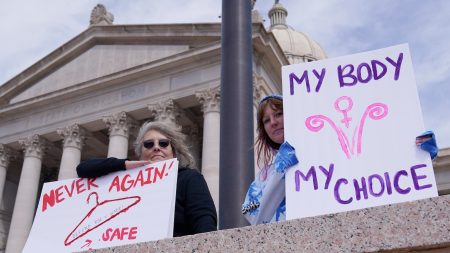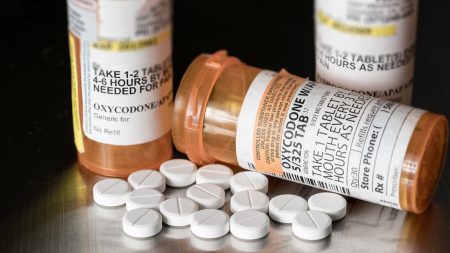The recent executive order by President Trump freezing U.S. foreign aid has sent shockwaves across Africa, impacting critical humanitarian efforts. In Zimbabwe, Claris Madhuku’s organization, which works to prevent child marriages, was forced to halt operations, illustrating the abrupt and severe consequences of the aid freeze. Despite Trump’s “America First” policy being anticipated, the suddenness and breadth of the cuts caught many off guard, especially given the U.S.’s significant contribution of over $6.5 billion annually to sub-Saharan Africa.
The PEPFAR program, a cornerstone in the fight against HIV/AIDS, is facing unprecedented threats. As a bipartisan initiative, its success in saving millions of lives, particularly in Africa, makes its potential disruption alarming. South Africa’s Health Minister highlighted the program’s critical role, with nearly 20% of the country’s HIV funding coming from PEPFAR. Despite subsequent exemptions for life-saving programs, confusion and uncertainty persist, leaving facilities shuttered and patients referred to already strained government services.
Beyond health, education and food programs are also severely affected. Madhuku’s volunteers, reliant on U.S. aid, can no longer continue their outreach, risking increased early marriages and school dropouts. The abrupt aid freeze, intended to account for taxpayer money, has caused unanticipated disruption, with organizations unprepared for the sudden loss of funding.
In conflict zones like Congo and Sudan, the aid freeze exacerbates existing crises. Millions face losing access to essential services amidst escalating violence and disease outbreaks, creating a perfect storm of health and humanitarian challenges.
The long-term implications are dire, with even short interruptions in HIV treatment posing significant health risks. As the situation remains unresolved, the impact on health, education, and food security in Africa is profound, leaving many organizations and individuals in a state of uncertainty and peril.

